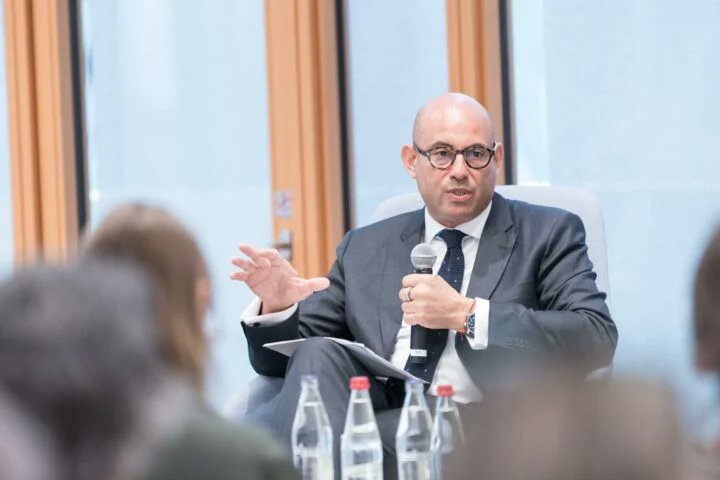As climate talks at the ongoing COP29 enter a second week, parties are yet to make progress on the climate finance target — especially in the quantum, contributor base and eligibility aspects.
While high-level ministerial roundtables will commence in week two, the arrival of ministers is expected to scale up climate action plans.
Simon Stiell, executive secretary of the United Nations Framework Convention on Climate Change (UNFCCC), in a statement on Monday, urged countries to go beyond business as usual.
Stiell noted that the world needs transformational solutions to realise the climate finance needed for vulnerable countries.
He said while adaptation costs for developing countries could reach $340 billion annually by 2030, rising to as much as $565 billion per year by 2050, sufficient climate investments could unlock new opportunities and drive progress.
“I urge multilateral development banks to think beyond traditional grants and loans,” he said.
“Philanthropies, the private sector, and bilateral donors must step up with the urgency that this crisis demands, without increasing the debt burden of vulnerable countries.
“Every country can and must submit their National Adaptation Plan by 2025. This is not just a timeline – it is a lifeline.
“Other than that — it’s a fast-track to the stronger economies and societies that all countries want. And that is in every nation’s interest, in these turbulent times.
“This is not a distant dream. It is within reach.We have the tools, the science, the ability to achieve these outcomes. The funding exists. We need to unlock and unblock it.”
Countries like the UK, United Arab Emirates(UAE), Azerbaijan, and Brazil have put forward their adaptation plans ahead of the February 2025 deadline.




